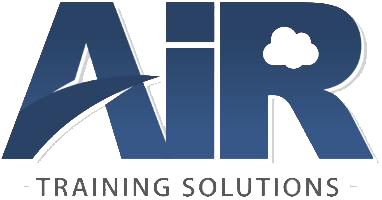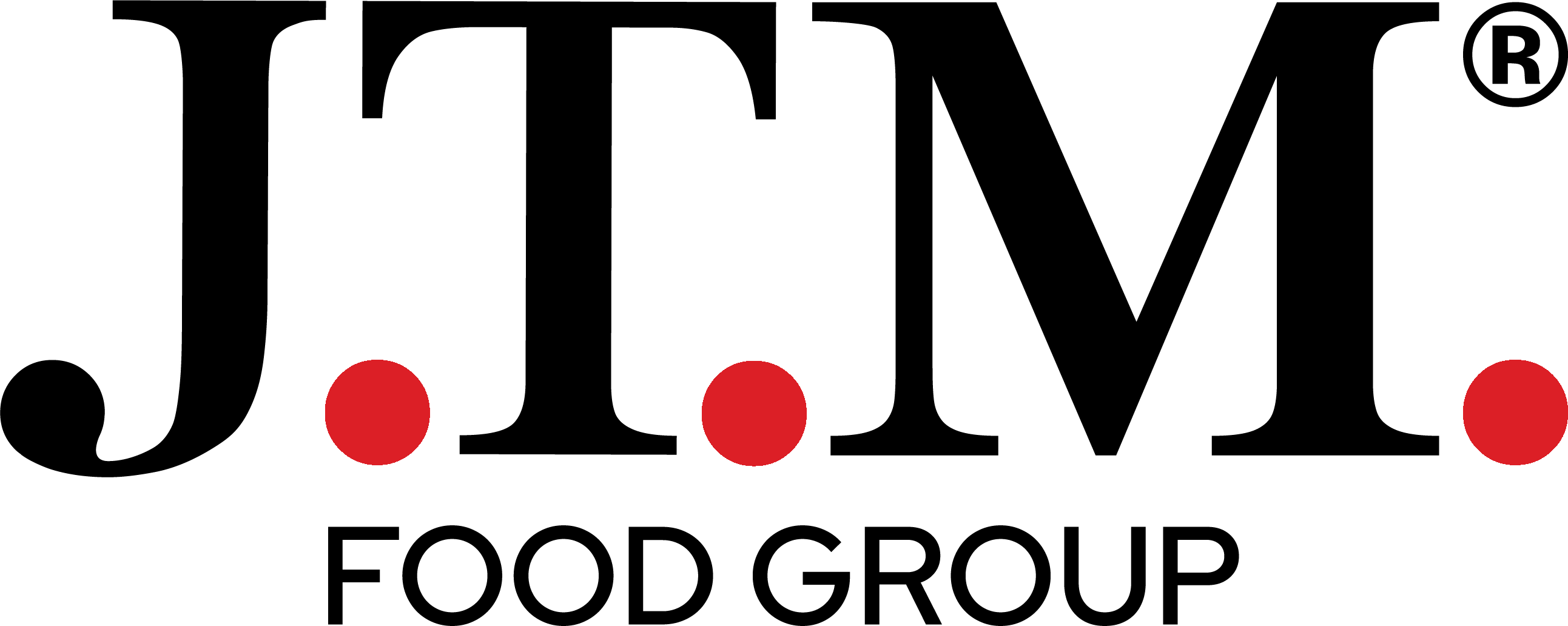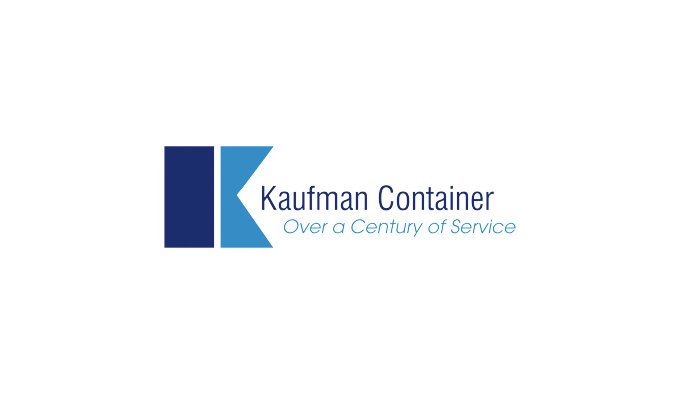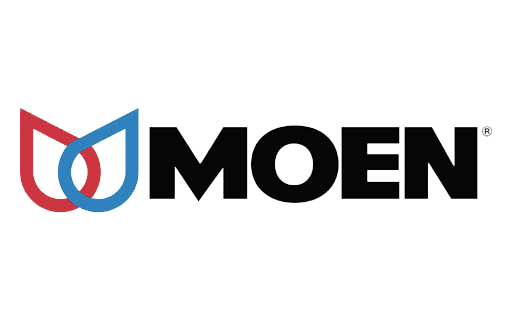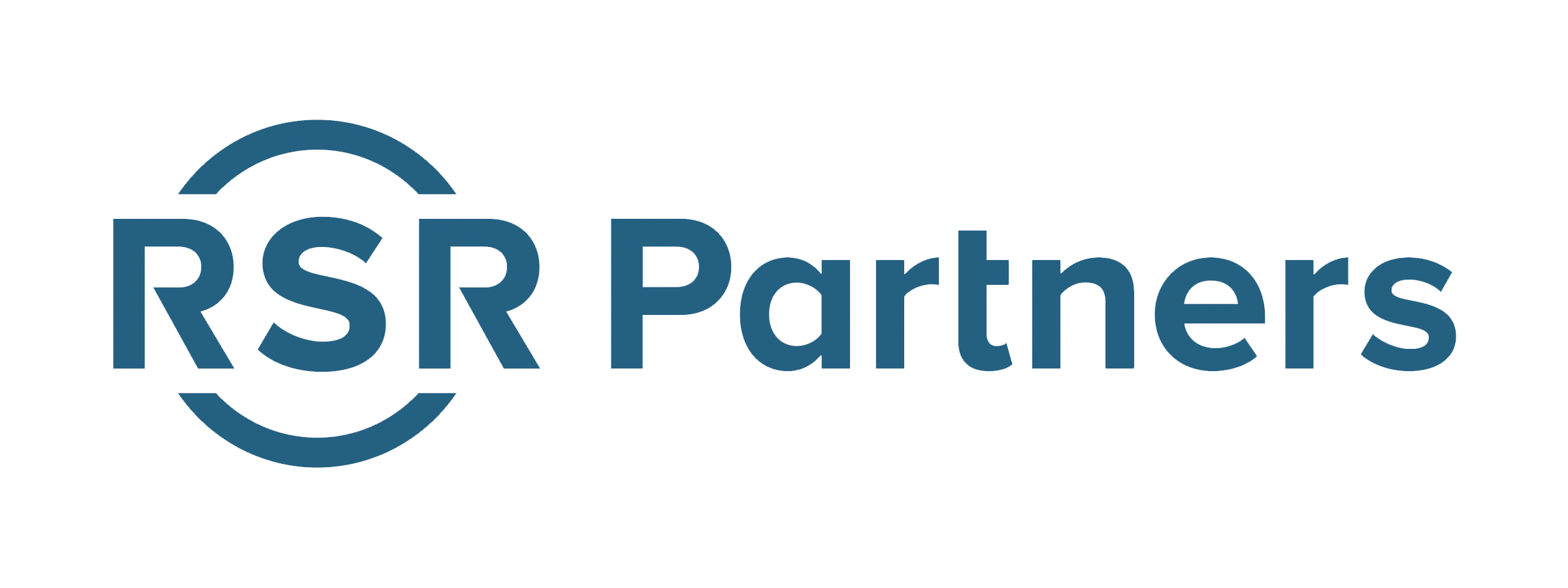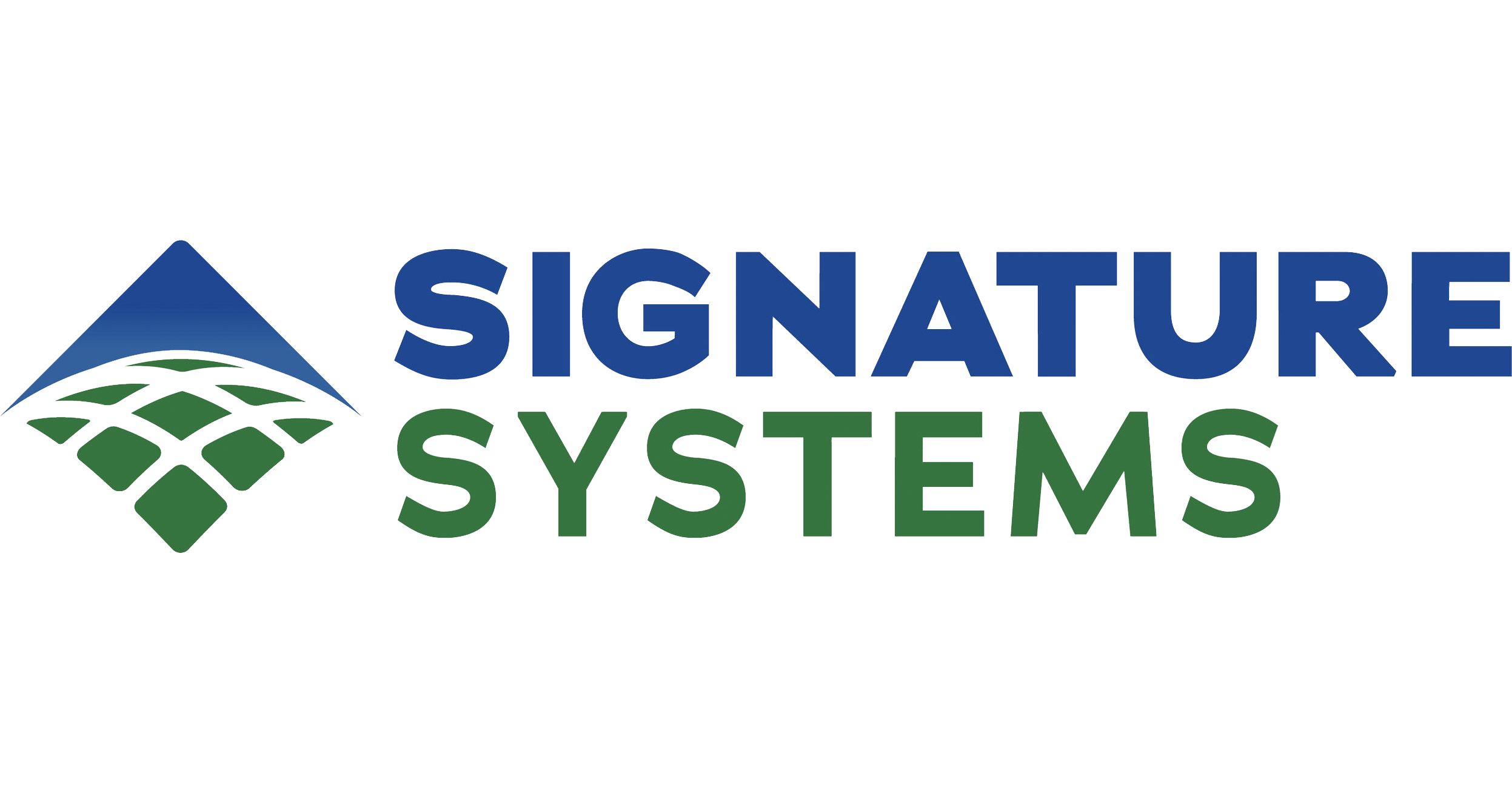In today’s digital landscape, individuals and organizations alike face the challenge of managing numerous online accounts across various platforms and services. Logging in and out repeatedly can be time-consuming and cumbersome, leading to decreased productivity and potential security risks. However, there is a solution: Single Sign-On (SSO). In this blog post, we will explore the benefits of SSO and why you should consider implementing it.
- Simplified User Experience: One of the primary advantages of SSO is its ability to simplify the user experience. With SSO, users only need to remember one set of login credentials, granting them access to multiple applications and services seamlessly. Gone are the days of juggling multiple usernames and passwords, reducing frustration and improving user satisfaction. By streamlining the login process, SSO enhances user productivity and efficiency.
- Increased Productivity: By eliminating the need to repeatedly enter login credentials, SSO significantly boosts productivity. Users can quickly switch between applications and platforms without interruption, saving valuable time and effort. With SSO, employees can focus on their tasks rather than being bogged down by authentication processes, resulting in enhanced workflow and overall productivity gains.
- Enhanced Security: While it may seem counterintuitive, SSO can actually improve security. With traditional login methods, users often resort to reusing passwords across multiple platforms, which poses a significant security risk. In contrast, SSO centralizes authentication, allowing for stronger security measures such as multifactor authentication (MFA). This adds an extra layer of protection by requiring users to provide multiple forms of identification, such as a password and a temporary code sent to their mobile device. Additionally, SSO enables administrators to monitor and control access to various applications, ensuring that users only have access to the resources they need, reducing the risk of unauthorized access.
- Reduced Password Fatigue: Password fatigue refers to the frustration and decreased security that results from having to remember multiple complex passwords. SSO alleviates this burden by reducing the number of passwords users need to remember. With a single set of credentials, users can access multiple applications and services, eliminating the need to recall numerous combinations of usernames and passwords. This not only simplifies the login process but also encourages users to create stronger and more secure passwords for their SSO account.
- Streamlined Account Provisioning and Deprovisioning: For organizations, managing user accounts across various platforms can be a daunting task. SSO simplifies the process of provisioning and deprovisioning user accounts by centralizing user management. When an employee joins or leaves the organization, their access to multiple applications can be easily controlled through the SSO system. This saves administrators time and effort, reduces the risk of human error, and ensures that access rights are granted or revoked promptly, improving security and compliance.
In a world where digital interactions are increasingly prevalent, the benefits of Single Sign-On cannot be overlooked. SSO simplifies the login experience, increases productivity, enhances security, reduces password fatigue, and streamlines account management. By implementing SSO, individuals and organizations can enjoy a seamless and secure authentication process, ultimately leading to improved user satisfaction, increased efficiency, and heightened data protection. Embrace the power of SSO and unlock the benefits it offers in the modern digital landscape.



